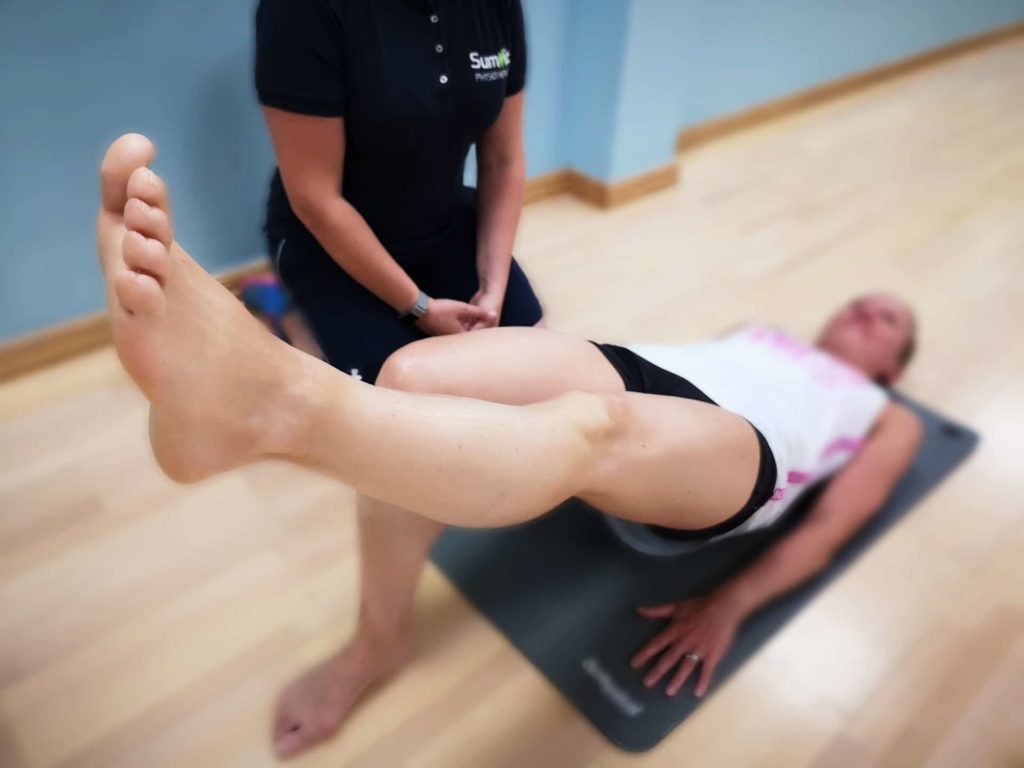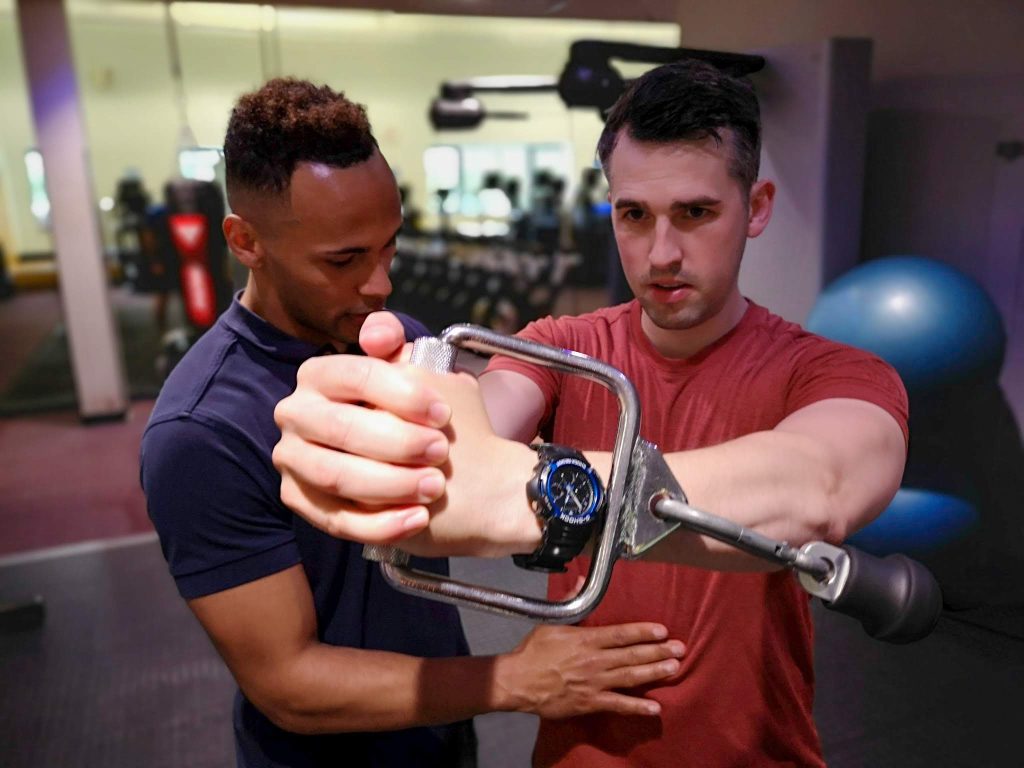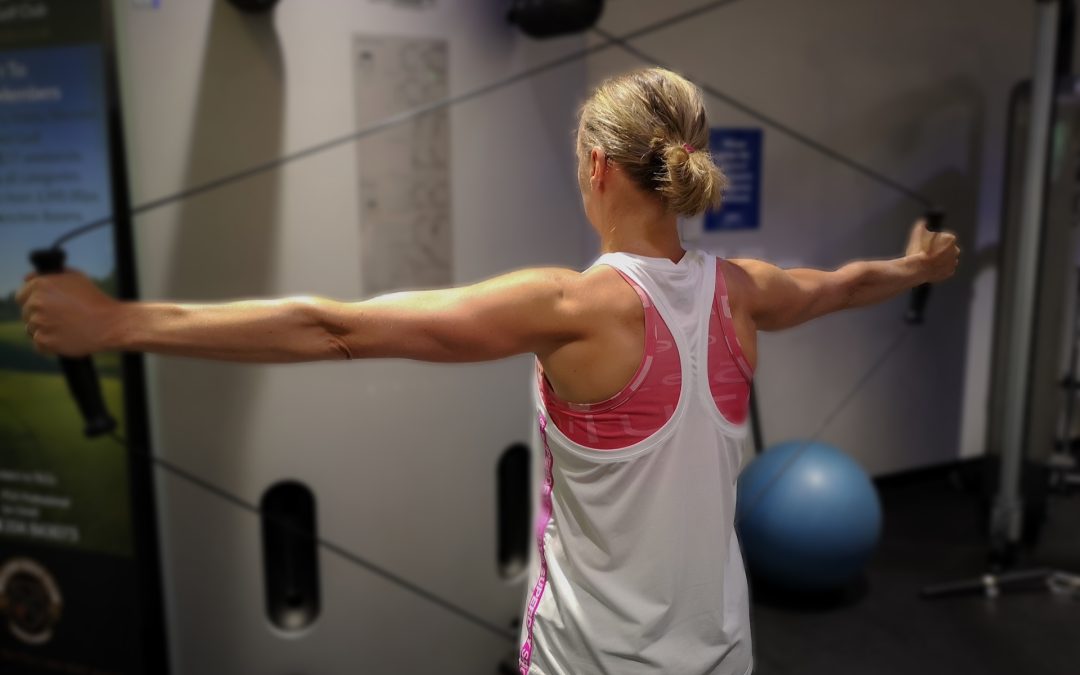Prescribing Movement: How Exercise Therapy Complements Physiotherapy
Prescribing movement through exercise therapy is a fundamental aspect of physiotherapy.
In this blog we Discuss The vital role of tailored exercise and How it is key in the success of a clients progression and recovery.
Finding the winning combination
Prescribing movement through exercise therapy is a fundamental aspect of physiotherapy.
Physiotherapy focuses on optimising physical function, preventing injury, and promoting overall well-being. Exercise therapy plays a crucial role within physiotherapy by providing targeted and structured physical activities to address specific health issues.
Exercise rehabilitation and manual therapy are often combined in physiotherapy for several reasons. The integration of both approaches can enhance the overall effectiveness of the treatment and contribute to better patient outcomes.

Combining manual therapy and exercise rehabilitation allows for a more comprehensive approach to address musculoskeletal issues. Manual therapy can target specific areas of dysfunction, while exercise rehabilitation helps improve overall strength, flexibility, and functional capacity. Manual therapy often provides short-term relief, but incorporating exercise rehabilitation into the treatment plan can lead to long-term benefits.
AN individualistic approach
Physiotherapists assess each client’s unique needs and design individualised exercise programs. These programs consider the patient’s medical history, current health status, and specific goals for rehabilitation.
Exercise rehabilitation aims to address the root causes, such as muscle imbalances, weakness, or poor movement patterns, to prevent the recurrence of symptoms.
EXERCISE THERAPY: tailored to each Client

Exercise therapy is often prescribed to restore and improve mobility, strength, and flexibility. Specific exercises are tailored to address individual impairments, such as muscle weakness, joint stiffness, or balance deficits. Certain exercises can help alleviate pain by promoting circulation, reducing muscle tension, and improving joint mobility.
Physiotherapists carefully select exercises that are appropriate for the patient’s condition, considering factors like pain levels, range of motion, and overall health. Exercise therapy is instrumental in preventing the recurrence of injuries or managing chronic conditions. Clients are often taught exercises that target weak areas, improve stability, and enhance overall physical resilience to reduce the risk of future problems.
Patients with neurological conditions, such as stroke or spinal cord injuries, benefit from exercise therapy to improve motor control, coordination, and balance. These exercises are designed to stimulate neural pathways and encourage functional recovery.
EDUCATION & Understanding
Physiotherapists not only prescribe exercises but also educate patients on the importance of movement in maintaining health. This includes guidance on proper body mechanics, ergonomics, and lifestyle modifications to support overall well-being. Physiotherapists often provide patients with home exercise programs, empowering them to take an active role in their rehabilitation. This continuity of care ensures that progress continues outside of formal therapy sessions.
in summary...
Exercise therapy is an integral component of physiotherapy, working synergistically to promote physical well-being, restore function, and prevent future health issues.
The combination of manual therapies, education, and tailored exercise programs allows physiotherapists to address a wide range of conditions and support patients in achieving their health and mobility goals.
Many often see the role of physiotherapy as a one-sided service, with the fate of their recovery solely in the hands of their practitioner, when in fact, it’s a team effort.
The role of a patient during physiotherapy is crucial for the success of the rehabilitation process. Active participation and collaboration between the patient and the physiotherapist contribute significantly to achieving the best possible outcomes. Armed with the knowledge imparted from the practitioner; a true understanding of their injury and a detailed bespoke exercise program. The implementation of proper form and consistency are essential for achieving optimal results and achieving the goals set at assessment.

If you wish to seek further information, or would like to book an assessment with one our dedicated practitioners, call us on 0800 731 2738 or book online here.
You can also view all the services we provide within our clinics on our website, as well as checking out our other blogs and content.
For more free tips and information, make sure to follow our Facebook and Instagram pages. We also post client stories, so you can see how we’ve helped people get back to doing the things they enjoy!



